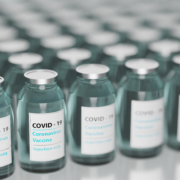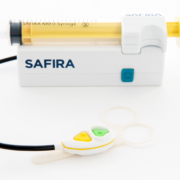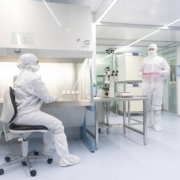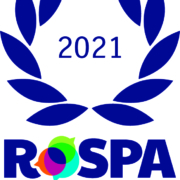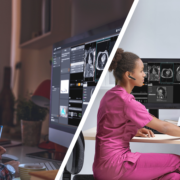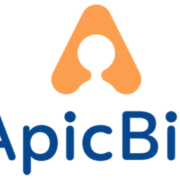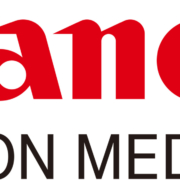Researchers find gene therapy provides neuroprotection to prevent glaucoma vision loss
Lorem ipsum dolor sit amet, consectetur adipiscing elit. Nulla vulputate condimentum eros. Sed quis luctus leo. Pellentesque pellentesque magna justo, vel ornare purus convallis id. Nunc a libero in sem vehicula pulvinar gravida mattis sem.


